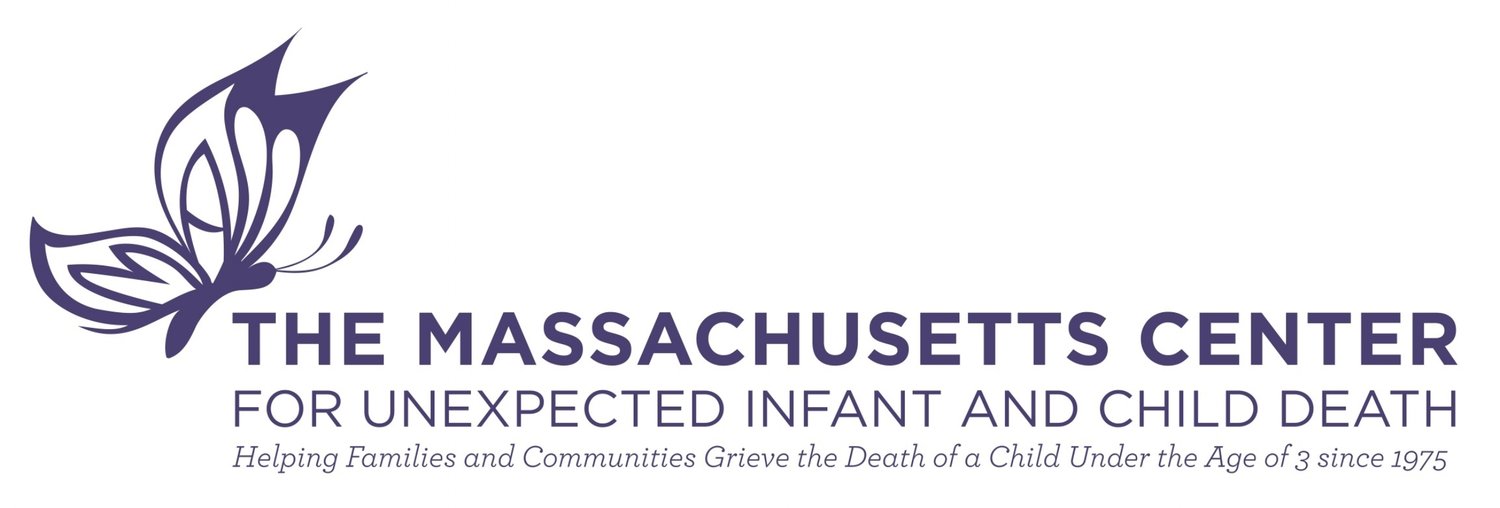Interdisciplinary Principles of Intervention
Grief and loss are by far some of the most devastating experiences that we face. When that loss is the death of a child, it is especially devastating. Most important, the grief associated with the loss of a child is not a singular event, but instead is an ongoing process. It is chronic. As one parent has said to us, “the grief of losing my baby is like a meteorite landing on the Earth and you are constantly trying to figure out how to ever live around the destruction.”
Grief is the internalized part of loss and is marked by how we feel. The pain is so intense and so heartbreaking for parents because they have lost their profound and loving connection with their child. However, the way in which pain and grief manifests is as different as is each one of us. Still, our society places enormous pressure to “get over the loss.” Even our workplaces preemptively decide how many days we should take off for specific losses—be it a parent, a brother, a sister, a grandmother, a spouse, and rarely a child. Usually your best friend of 30 years “doesn’t count” nor might a beloved uncle who may have raised you. Obviously, our sense of loss and grief depends on what the person is to each of us and how we feel about the death, not some formula of how we are told we should grieve.
Dr. Elizabeth Kubler Ross is universally known for her model regarding grief and loss. She thought about grief in terms of stages we experience after the death of a loved one. The stages include shock and numbing, denial and yearning, anger, depression and resolution. Recently David Kessler has added a sixth stage of grief: finding meaning. Unfortunately, the idea of stages gives the impression that grieving is a linear and smooth progression. Kubler-Ross may have inadvertently used a confusing term when she used the word “stages” because she never considered these “stages” as building on one another even though her model is often interpreted in that way. As a result, it is often the case that some parents feel they should follow a timetable or schedule for their grief and get concerned when their emotions are not “on schedule.”
Another way to think about grief is through the work of William Worden who theorizes about the “tasks of grief.” These tasks include:
This is when parents struggle to face the death of their child. This task is often aided through tasks like spending time with the body, arranging for a funeral or memorial service, sitting shivah, or taking care of the grave site. Sadly, these rituals and their associated significance are often overlooked or downplayed when there is a miscarriage or stillbirth.
Accepting the reality of grief
As mentioned, the grief process is unique to every person. Some people are numb for a long while, some cry or prevent themselves from crying, some feel like they are “going crazy,” some have a short fuse, some sleep all day, some don’t sleep at all, etc. What can help in circumstances such as these is for the grieving parent to find purposeful actions, which can become an outlet for their pain. This could include planting and caring for a tree or bush, participating in a parent grief group, working toward passing relevant legislation, or developing a fund or foundation. The purpose here is not to avoid the pain and sorrow but find a way to manage it.
Processing pain and grief
This does not mean that parents should “forget about the child” or “move on” but instead that they continue the connection to the child and move forward. This might include writing stories or books about the baby, journaling, or painting words of hope on stones and putting them around the grave site. Still, it will be a long, long, long time until a parent can function again and remember their deceased child with a smile instead of only their tears.In talking about the task of making meaning of loss of a cherished loved one, Worden says, “People always want to know if there is life after death for their loved ones. I believe there is, but more importantly, there is life after death for the living. I want to help them find meaning that honors their loved ones. Sometimes when we are at our worst, we can find our best.”
Adjusting to the world without your loved one
Principles of Intervention
The cautious good news is that when we encounter, work with or have a personal connection to a parent/family, there are eleven principles that should guide our response.
